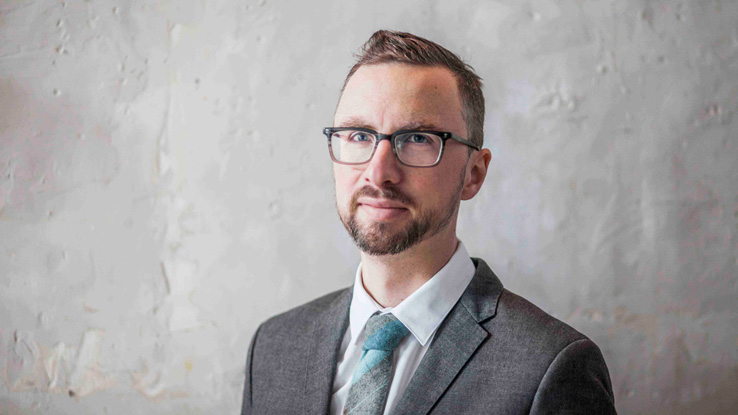Op-ed in TIME Magazine by Dr. Dan Werb
In 1985, the first HIV vaccine trial was launched with great fanfare. The previous year, Margaret Heckler, the U.S. Secretary of Health and Human Services, confidently declared that an HIV vaccine would be created within two years. But almost four decades after the initial discovery of the HIV virus, there is still no viable HIV/AIDS vaccine. That doesn’t mean, though, that there is no cure. The grueling and largely thankless work of trialing an HIV/AIDS vaccine has continued steadily over the past four decades (the most recent one launched in January 2022, using Moderna’s mRNA technology), making it the longest-running modern pandemic.
But failure, in the hands of scientists, doesn’t mean the end. Instead, it is a sturdy foundation for scientific discovery. Rather than giving up, the failure to create a viable HIV vaccine spurred scientists to develop a whole new strategy to end the AIDS pandemic. Without vaccines available to teach human immune systems to kill the virus, scientists were forced to find other ways to keep infections at bay. And here’s where four decades of scientific failure was transformed into a radical approach to pandemic control, with direct implications for the future of the global effort to end COVID-19.

